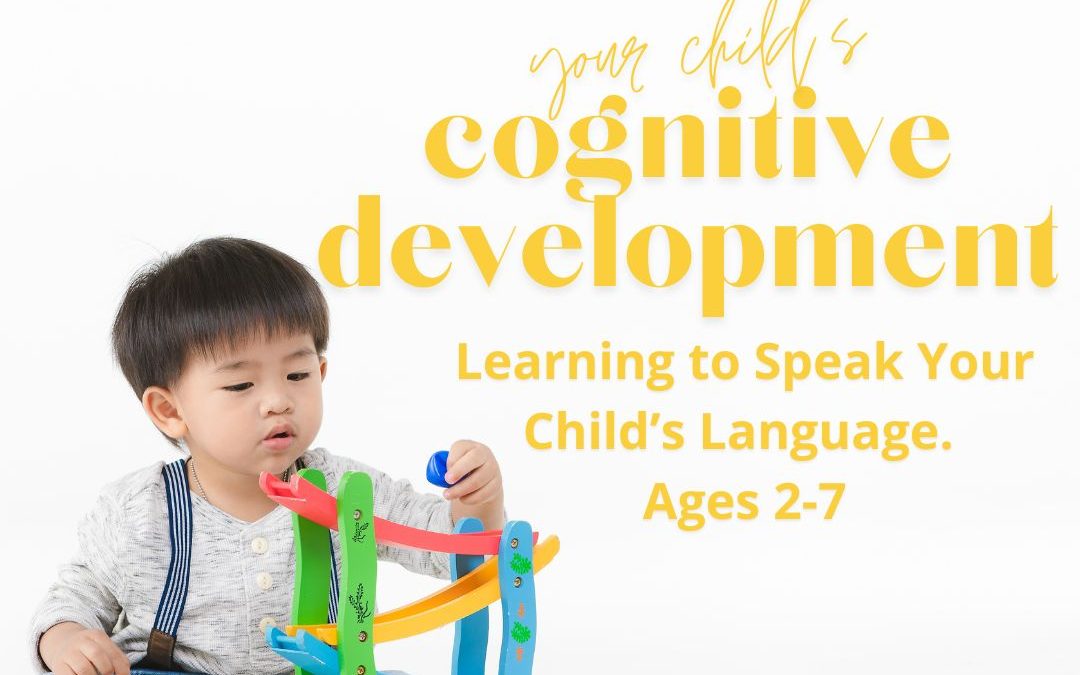You may have heard that the brain doesn’t reach full maturity until we hit our mid to late
twenties. But what about the incredible journey of brain development leading up to that point?
How do these stages unfold, what do they really entail, and how does this relate to parenting?
To begin with, understanding the processes your child’s mind goes through and the concepts they grasp at different developmental stages sets you up to meet their needs more effectively. In addition, speaking to your child in ways that align with their developmental level helps them feel validated and connected, fostering better communication and emotional growth.
Let’s focus on psychologist Jean Piaget’s theory of cognitive development—specifically, how it
manifests in children aged 2 to 7, a stage known as the pre-operational stage.
Piaget’s theory outlines four key stages in a child’s cognitive development:
1. Sensorimotor Stage (0-2 years): Infants discover the world through their senses and
actions, developing object permanence—the “aha!” moment that objects still exist even
when they can’t see them.
2. Preoperational Stage (2-7 years): Children begin using language and symbols, engage
in pretend play, and think egocentrically. Here, they may struggle with logic and
understanding others’ perspectives.
3. Concrete Operational Stage (7-11 years): Logical thinking starts to develop, allowing
children to perform mental operations on concrete objects, understand conservation, and
categorize information
4. Formal Operational Stage (12+ years): Abstract thinking emerges, enabling problem-
solving, hypothetical reasoning, and thinking about future possibilities.
So, what does this mean in everyday life? It means that if you sometimes feel as though you and your child are speaking completely different languages, you’re not wrong! Developmentally, your brain processes and interprets information in an entirely different way. Focusing on the pre-operational stage, one key aspect is egocentricity. During this period, children are unable to see the world from anyone else’s point of view.
To help grasp this concept, picture this: You come home after a long day, and your child
excitedly says, “Let’s play firetrucks!” They hand you a toy and expect you to jump right in,
fully convinced that you’re as excited as they are. They don’t yet understand that you might be tired or needing a moment to rest because, at this stage, they assume everyone experiences the world just as they do. This is egocentricity in action.
Another vital part of this stage is symbolic play. Children dive into a world of imagination,
transforming everyday objects into something magical. As abstract thinking is still developing, play becomes their main tool for navigating the whirlwind of emotions they encounter. Through imaginative scenarios, children act out their experiences and process emotions in a safe space, sharing what they might not yet have the words for. Play serves as a personalized pathway, connecting their growing minds to the abstract concepts they will grasp later. Experiencing a range of emotions can feel like a roller coaster, and without the right words, expressing these big feelings can be challenging. That’s where symbolic play shines—it’s their voice, breathing life and meaning into their emotions in the most creative ways.
In conclusion, it’s important to remember that children don’t think like little adults. Their play,
imagination, and egocentric worldview are essential steppingstones in their developmental
journey, helping them make sense of the world around them.
As caregivers, recognizing this can deepen our understanding and patience. By engaging with them at their level, we’re not just playing firetrucks; we’re helping them learn, grow, and understand their world. So, when your child hands you that toy firetruck, it’s not just about the game—they’re inviting you into their world, a world where they’re learning to navigate emotions and build connections. And sometimes, all it takes is a moment of play to help them along the way!

